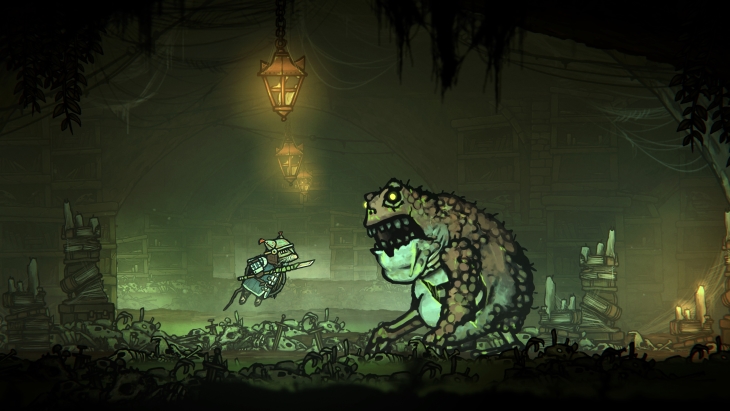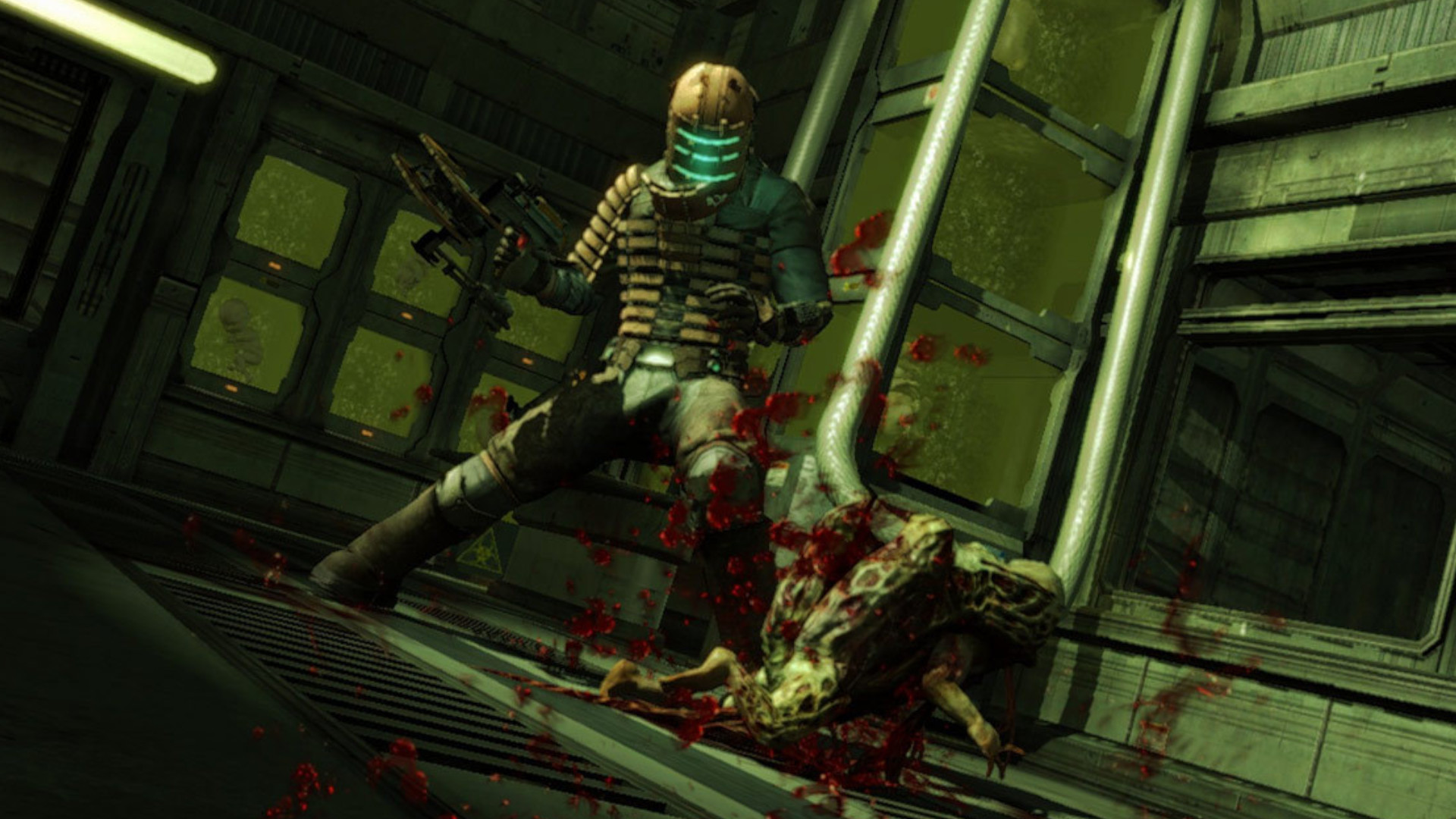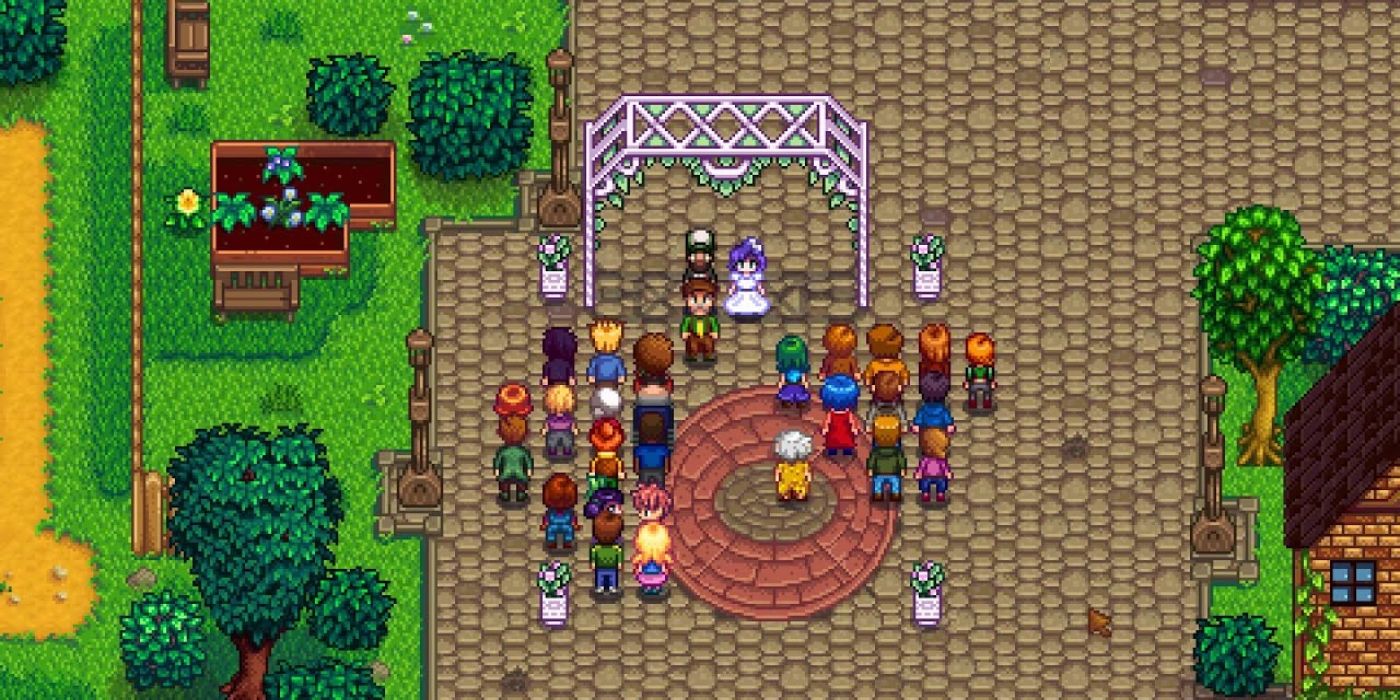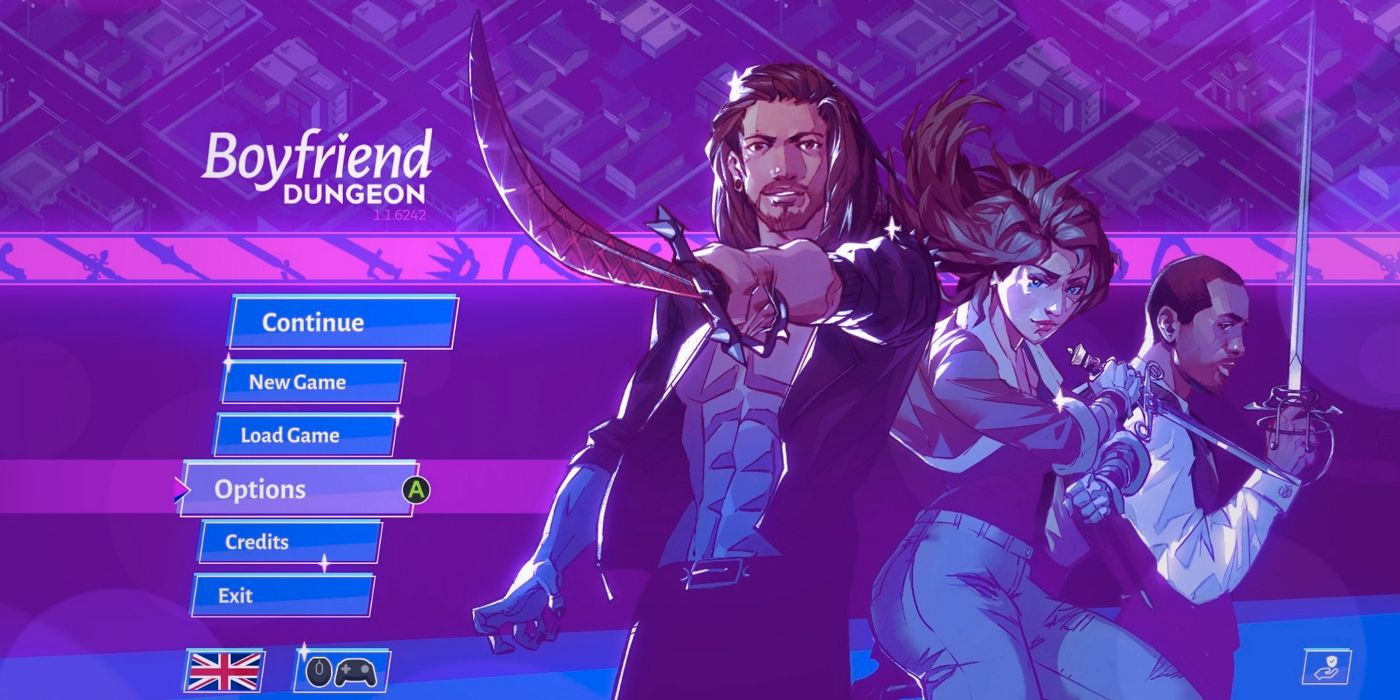
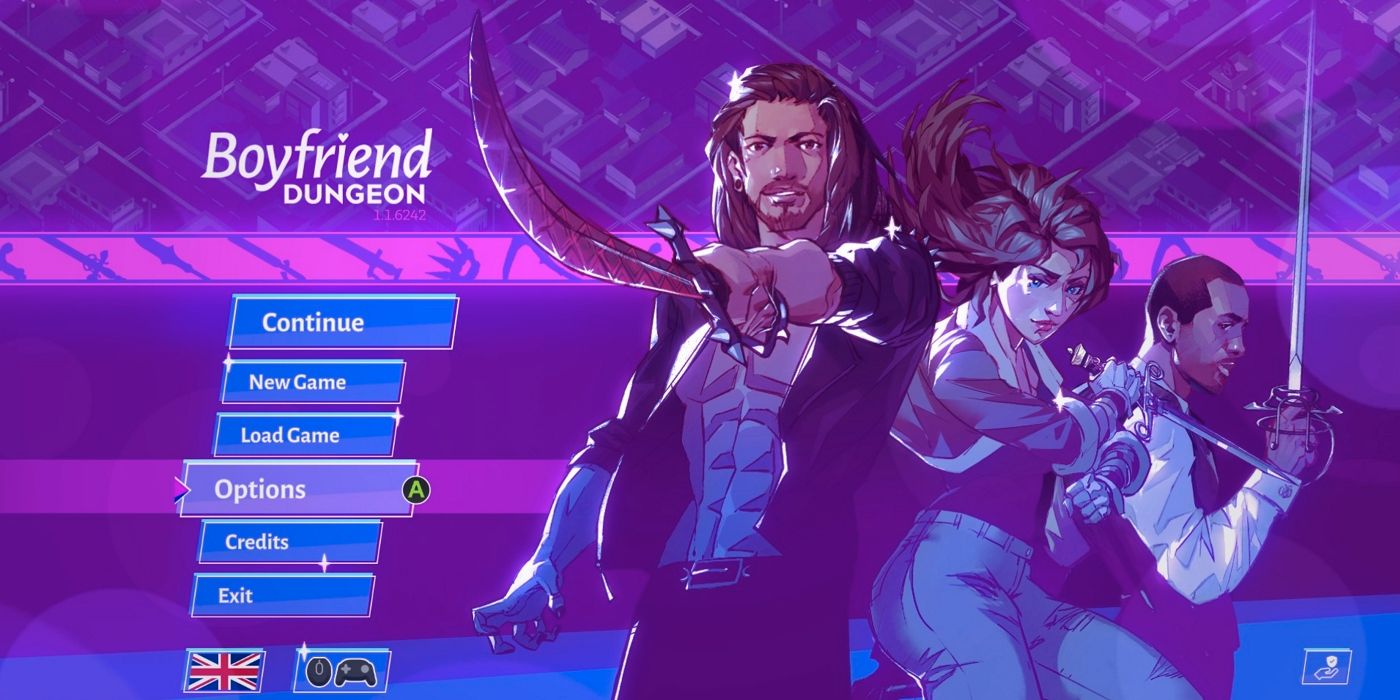
Boyfriend Dungeon is Kitfox Games' new roguelike melee-combat dating simulator. The game centers around a customizable player character who goes around dating weapons. Non-weapons can be romantic partners too, but the transforming swords, daggers, and axes are undoubtedly the focus of the game. More than just weapon romance, however, Boyfriend Dungeon has an interesting narrative direction. It tells the story of someone with no dating experience moving to Verona Bay where scimitars like to take long walks on the beach to find their soulmates. Alongside trips to parks, museums, cat cafes, and sword shops, players can take their prospective partners to a mysterious dungeon that has manifested in the local mall to train as a "wielder."
What is interesting about this dungeon mall (called the Dunj in-game) is not just that monsters have taken over the local store. The creatures that stalk these broken halls of consumerism reflect psychological aversions or traumas in someone's life. For the player character, that is a whole horde of televisions, phones, and the occasional record player. It should be no surprise, then, that Boyfriend Dungeon's creators understand some players might bring similar baggage to their game. As such, the studio has an unusual type of accessibility option that pops up before the start of the game that allows filtering of potentially triggering content in the game.
RELATED: 10 Games With Inclusive LGBTQ+ Romance Options
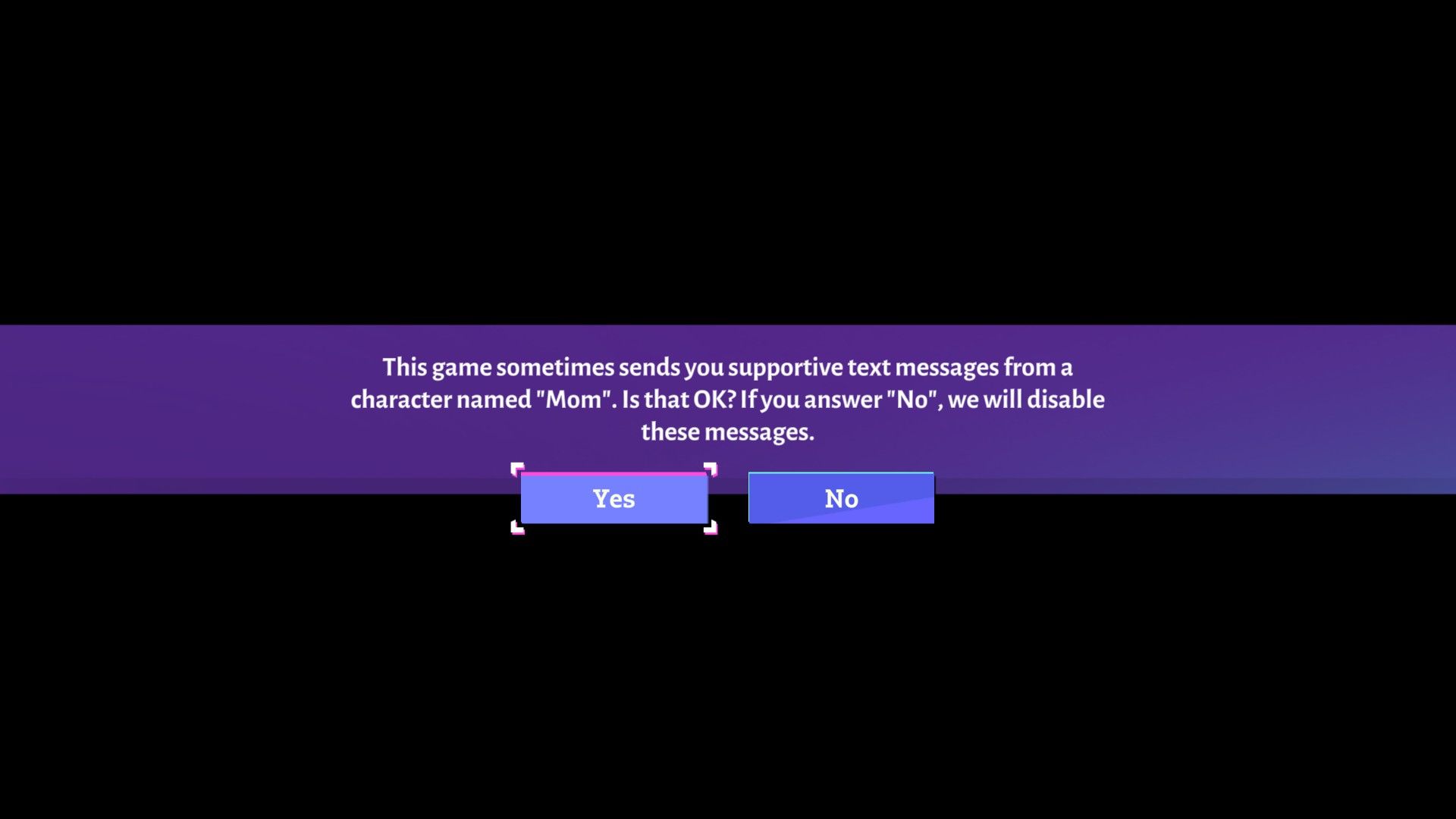
When a player loads up Boyfriend Dungeon, they are presented with a blue pop up informing the player that throughout the game, the protagonist receives supportive texts from their mother. In the context of the game, the player moves to Verona Bay and meets up with their cousin Jesse, leaving behind the safety of their home and mom. It's a fish-out-of-water premise similar to many of the best visual novels, and only adds extra tension to the often fraught nature of the game's romances. While for many gamers these texts would be welcome encouragement, Kitfox recognized that not everyone has a great relationship with their parents.
When they learn about this parent character, players can turn it off. If a player does this, the supportive texts from the mother character never appear, and the game carries on as normal. This is not the same as other great accessibility options, because it deals with content rather than how to access it. Normally, accessibility options pertain to things like motion blur, FOV, subtitles, colorblind modes, and many other mechanical aspects. It makes total sense that certain parts of a game's story could be under the purview of "accessibility." For some players, triggering content can make a game unplayable. For Boyfriend Dungeon, the parental interaction is not essential to the game, so making that optional could help many potential fans enjoy the game more.
RELATED: 10 Best Romance Visual Novels (According To VNDB)
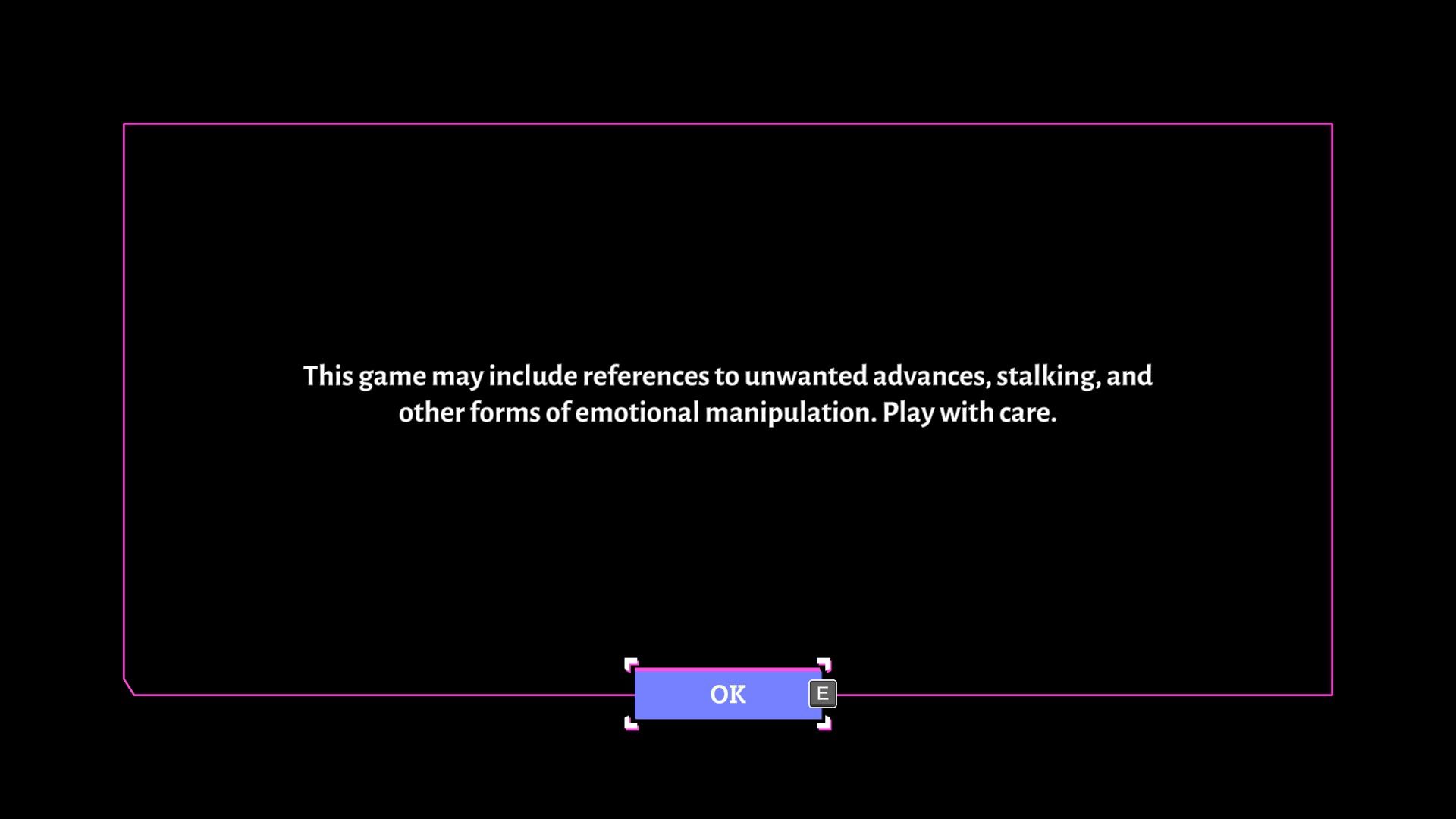
Boyfriend Dungeon takes content warnings seriously. This should be no surprise due to its focus on the psychology of relationships. After a recent Twitter backlash to some of the themes in the game and their relevant content warnings, Kitfox Games quickly announced it would alter the disclaimers as soon as possible. The original content warning reads as follows: “This game may include references to unwanted advances, stalking, and other forms of emotional manipulation. Play with care.” Although this is a solid content warning, it did not do quite enough for some, so Kitfox is in the process of amending that.
Even after this promise, however, some fans were still unhappy. Many of them requested that Kitfox make the content entirely optional, like some of the best side quests in gaming. This would be very difficult for the studio, as the plot point in question is part of the central story. While this might seem like an odd response to a studio responding to fan concerns by adding better content warnings, it makes more sense in the context of the game's unique approach to accessibility.

As the game already lets players disable an element of the game's story, it stands to reason that this technique could be applied to other parts of the game's narrative. A lot of the concern from some fans revolve around a particular character, so theoretically Kitfox could give players the option to remove that character's presence. As is often the case, however, it is not that simple. The character in question weaves throughout the game, and their presence is important to a lot of interactions. Many of the best stories in games include a lot of conflict, and can often be uncomfortable.
While listening to the concerns of fans is important, the game itself is largely about the themes many want an option to remove – and doing so could weaken the overall narrative experience. Most fans are not proposing that the game remove this content wholesale, just that an option is provided. After all, games that deal with real-life issues (like stalking) among the more fantastical elements can be difficult to engage with. The option would arguably add even more replayability to the game, as affected fans might want to replay the title and not deal with potentially triggering content for a second time. Although Kitfox is by no means obligated to add this option, it would be interesting to see if iterations appear in later games.
Boyfriend Dungeon is available now on PC, Switch, and Xbox One.
MORE: Laxidaze Dev Discusses Mass Effect and Pokemon Influences, Inclusivity, and Romance
